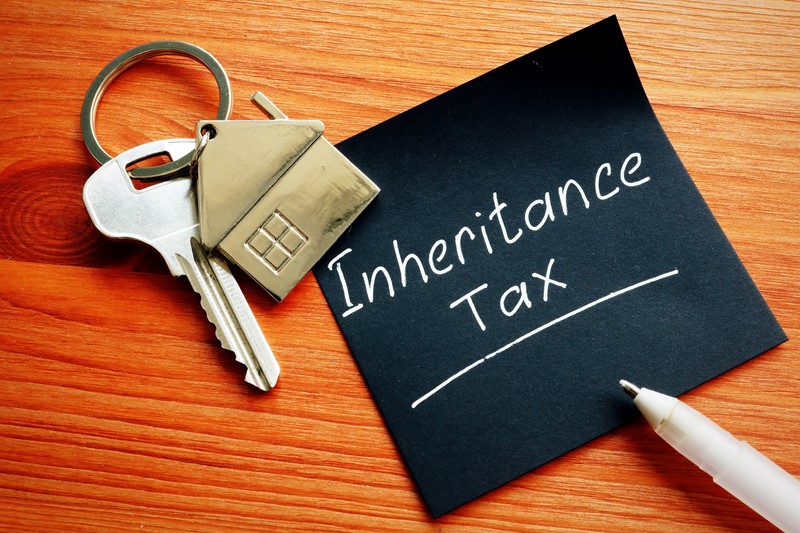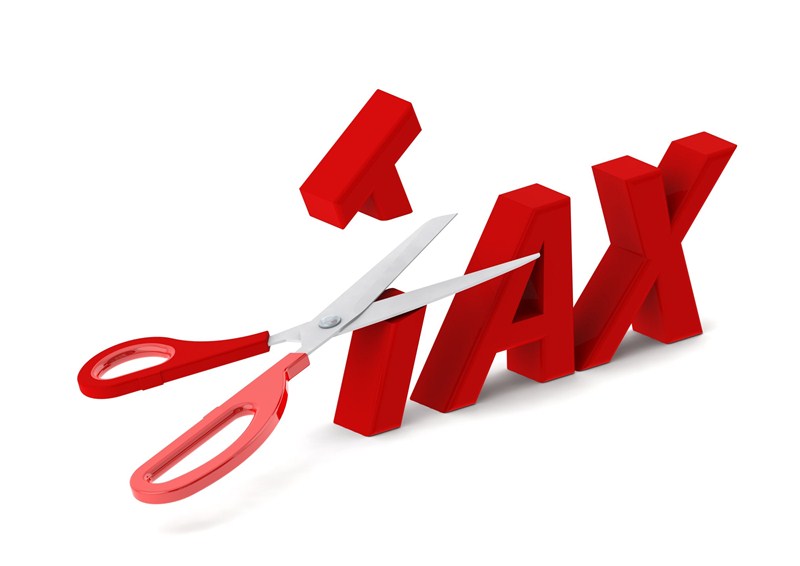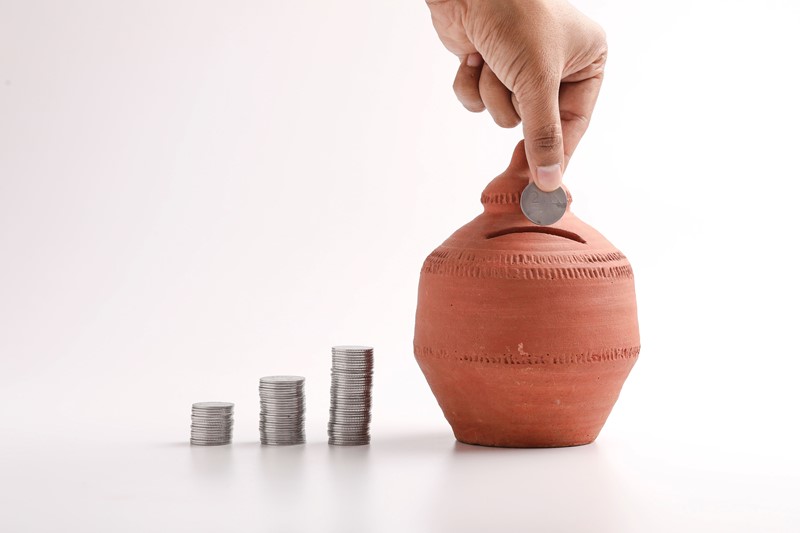The deadline date to file your 2021-22 Self-Assessment tax return is fast approaching. Last year over 12.5 million taxpayers were required to complete a Self-Assessment tax return but over 2.3 million taxpayers missed the 31 January deadline.
The deadline for submitting your 2021-22 Self-Assessment tax returns online is 31 January 2023. You should also be aware that payment of any tax due should also be made by this date. This includes the payment of any balance of Self-Assessment liability for the 2021-22 plus the first payment on account due for the current 2022-23 tax year.
If you miss the filing deadline you will usually be charged a £100 fixed penalty which applies even if there is no tax to pay or if the tax due is paid on time. If you do not file and pay before 1 May 2023 then you will face additional daily penalties of £10 per day, up to a maximum of £900. If the return still remains outstanding further higher penalties will be charged after six months and again after twelve months from the filing date. There are also additional penalties for paying late that amount to 5% of the tax unpaid at 30 days, 6 months and 12 months.
If you had tax underpayments in the 2021-22 tax year you have until 30 December 2022 to file your online Self-Assessment returns in order to have the monies collected in the 2023-24 tax year starting on 6 April 2023.
We would encourage you to complete your tax return as early as possible as the filing date looms. If you are filing online for the first time you should ensure you register to use HMRC’s Self-Assessment online service. Once registered an activation code will be sent by mail. This process can take up to 10 working days.












